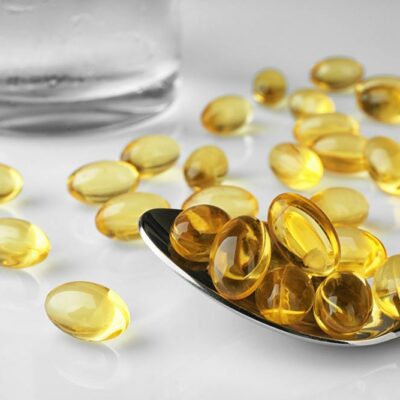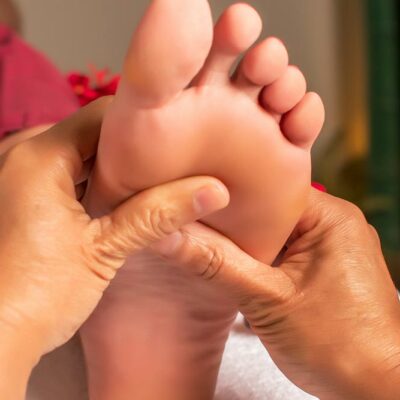
12 common signs of infectious diseases
Infectious diseases are health problems caused by pathogens like parasites, fungi, viruses, and bacteria. Under most circumstances, having some of these organisms living in the body is normal and healthy, as they play a crucial role in certain processes, such as digestion. But in some cases, some of these pathogens will cause infections. The symptoms will differ depending on the type of pathogen causing the infection. However, a few signs are common across most infectious diseases. Here are some of them to watch out for: 1. Headaches Infections caused by viruses often trigger headaches. This symptom arises due to the inflammation, swelling, and liquid buildup in the nose and sinuses caused by the infection. Thus, one may experience persistent or severe headaches. 2. Fever One of the earliest signs of most infectious diseases is feeling feverish. There is a sudden rise in body temperature, which leads to a certain level of discomfort. This happens because the immune system is activated to fight the infection. As the number of white blood cells increases in the body, the overall temperature starts to rise. While fevers can occur due to various factors, high-grade or persistent fever may indicate an underlying infection. 3. Chills and sweating These signs of infectious diseases often precede the feverish symptoms; before the body temperature rises, one may suddenly feel cold chills followed by sweating.
Read More 







